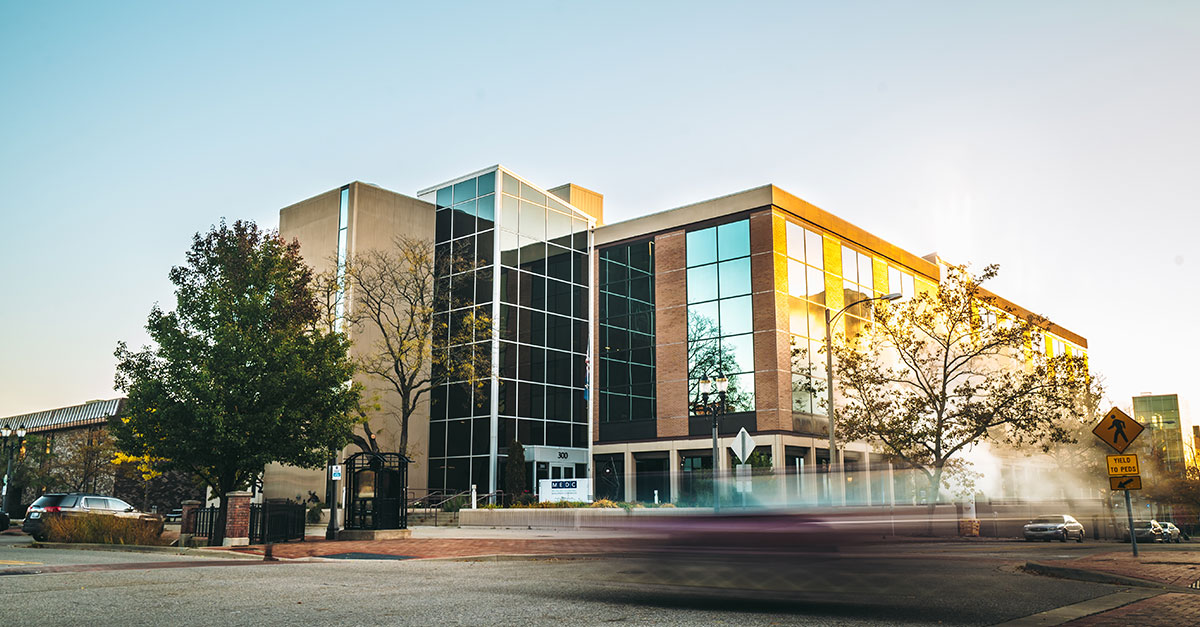The Challenge of Affordability in Higher Education: Navigating Student Persistence
Affordability remains one of the most pressing challenges facing students in higher education today. A recent survey highlighted that the primary concern for many college students at risk of dropping out is the cost of tuition. This financial burden not only affects students’ ability to continue their education but also impacts their overall college experience and future career prospects.
The Financial Strain on Students
To cope with rising tuition costs, a significant majority of college students—67 percent—are employed in some capacity. According to a 2024 survey by Trellis Strategies, among these working students, 43 percent are employed for at least 40 hours a week, and 25 percent juggle multiple jobs. While employment can provide essential financial support, it also introduces a host of challenges that can hinder academic success.
Balancing Work and Study
Working while studying can be a double-edged sword. On one hand, employment equips students with durable skills such as communication, time management, and professionalism, which are invaluable in the job market. On the other hand, students who work full-time face significant challenges in balancing their academic responsibilities with personal, family, and financial obligations. A 2024 Student Voice survey revealed that 59 percent of full-time working students identified managing competing priorities as a top stressor.
The Need for Flexible Employment Opportunities
Given the challenges faced by working students, there is a growing consensus that universities should play a more active role in helping students find flexible employment opportunities. The 2024 Student Voice survey indicated that 48 percent of students believe colleges should focus more on connecting them with job and internship possibilities. This is where university-sponsored events can make a significant impact.
Part-Time Job Fairs: A Practical Solution
One effective solution that colleges have implemented is the organization of part-time job fairs. These events not only help students find employment but also bolster the local workforce by connecting students with businesses looking for entry-level employees. Unlike traditional career fairs, which often focus on long-term employment, part-time job fairs cater specifically to students who need flexible work arrangements while enrolled in classes.
For instance, Illinois State University hosts two events aimed at connecting students with part-time job opportunities: the "You Can Work at ISU Student Hiring Event" and the "Part-Time Job Fair." These events introduce students to various campus departments and local organizations seeking part-time workers.
Innovative Career Fair Models
Colleges are also exploring innovative models for career fairs to better serve their students. Reverse career fairs, for example, allow students to present themselves and their work to potential employers, shifting the pressure away from students to actively seek out hiring managers. Additionally, industry-specific events enable students in high-demand majors to connect directly with relevant employers.
Lebanon Valley College in Pennsylvania took a unique approach by canceling classes to host a fall career fair and professional development expo, ensuring maximum participation from students. Similarly, Old Dominion University invited a diverse range of employers to its spring 2025 part-time job fair, including local businesses and university departments, providing students with a variety of options.
The Benefits of Part-Time Job Fairs
Students appreciate part-time job fairs for the opportunities they present—not only to earn additional income but also to build connections with potential employers. According to Fort Hays State University’s student paper, these events are seen as a valuable resource for students navigating the complexities of work and study.
Conclusion: A Call for Collaboration
As affordability continues to threaten student persistence in higher education, it is crucial for colleges and universities to implement strategies that support working students. By organizing part-time job fairs and creating flexible employment opportunities, institutions can help alleviate some of the financial burdens students face.
If you have a career-focused intervention that promotes student success, consider sharing your insights. Together, we can work towards a more supportive and sustainable educational environment for all students.




















:max_bytes(150000):strip_icc():focal(742x260:744x262)/Alan-Alda-visits-SiriusXM-Studios-052125-6957f25bec38438ba16f1a1d8cb3ad2f.jpg?ssl=1)